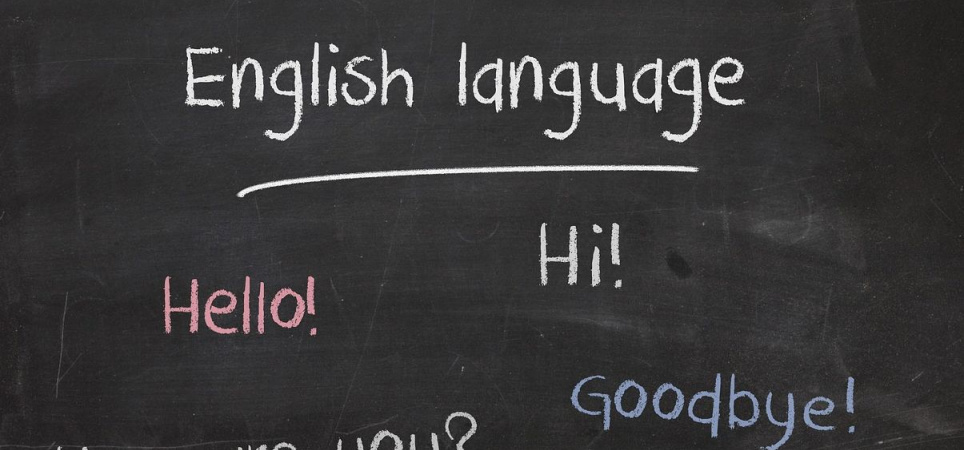Proficiency in English stagnates in primary schools
Eighth graders did not improve in English in 2018 compared to 2012. Vocabulary and speaking performance remained the same. The listening and reading components showed a slight decrease in performance. This has emerged from research conducted by the Education Inspectorate once every six years.

Image: Pixabay
The researchers used the six language levels -A1, A2, B1, B2, C1 and C2- of the Common European Framework of Reference to express command of the language. A1 stands for a 'novice user', the lowest level and C2 for a 'proficient user', for the highest level. A total of 2088 students from 95 primary schools took part the research.
Control
More than two-thirds of the students in group 8 achieve at least the level of a novice user for speaking skills. 31 percent does not reach this basic beginner level and 9 percent of the eighth graders reach the higher B1 level for speaking. For listening and reading, students score on average at A2 level. According to the researchers, these performances do not differ from the research that was conducted six years earlier. However, the courage to speak English among students has increased slightly compared to 2012.
The only difference with 2012 is that the daring of students to speak in English has increased somewhat
Differences
In the preface Inspector General Monique Vogelzang especially emphasizes the divergent levels between primary school students in the subject of English. The fact that these differences exist is because no common goals have been laid down in law for the subject of English. Vogelzang advocates doing this.
It is noticeable that there is little change in the performance of pupils, while there are more schools that teach English from group 1. These are schools that offer early foreign language education (vvto). Regular primary schools only teach English from group 7 onwards. In the study, director Paul Groot of the Enschede School Association stated: "I expected that the increase in the number of pre-school schools and the attention for pre-school education would have led to an increase in performance."
The researchers find it less 'surprising'. The differences in performance are mainly related to the use of specific teaching methods, the pupils 'school advice, the appointment of an English coordinator and the teachers' experience with the subject. The characteristic that most typifies the difference between early childhood education and mainstream primary schools, namely the amount of teaching time that schools spend on English, is not related to the differences in performance between pupils, according to the researchers.
Teachers
In addition to student performance, the inspectorate also examined the teachers. Many teachers do not receive support for the subject of English, it turns out. This is the case with half of the schools. This concerns a shortage of training, specific teaching methods and budget. Some teachers are not convinced that they meet the required level for teaching English in primary school. The level B2 is necessary to teach in a class, but a third of the teachers think they will not reach this level for listening and reading. Speaking involves an even larger proportion of teachers: half of them think they will not reach the required level.
Dissatisfied
Lecturers therefore indicate that they are dissatisfied with the teacher training college. The subject of English is a compulsory module in the teacher training program, in 2018 80 percent of teachers were not satisfied with the content and scope of this subject. Teacher and deputy director Elsbeth Poot says in the research: 'You are competent, which means that you still have to learn an incredible amount. You now see that early childhood education schools invest more in the teacher when it comes to English. As a result they become better qualified. '


